When it comes to coffee, flavour is everything. But what many people don’t realise is that flavour isn’t just about the roast level or origin, it begins at the farm, with how the beans are processed. Coffee processing methods play a huge role in shaping the final taste in your cup. Whether you're just getting into specialty coffee or you've been drinking single-origin brews for years, understanding these methods can seriously change the way you choose your beans.
What Are Coffee Processing Methods?
Processing refers to the way coffee cherries are transformed into green coffee beans after harvesting. It’s a critical step that affects sweetness, acidity, body, and clarity. There are three main types of coffee processing: washed (or wet), natural (or dry), and honey. Each one leads to a very different flavour profile, and depending on your personal preferences, you might find yourself drawn to one more than the others.
Washed (Wet) Process
Washed coffees are the cleanest and most widely used method in specialty coffee. After the cherries are harvested, the outer fruit is removed using water and fermentation before the beans are dried. This method focuses entirely on the bean itself, with minimal interference from the fruit during drying.
Flavour Profile: Washed coffees are known for their clarity, brightness, and complex acidity. You’ll often taste citrus, floral, or tea-like notes with a clean, crisp finish. This is the method used for Morning Mist, Jungle Breeze and Midnight Canopy from The Aviary, perfect examples of clean, balanced cups where origin really shines.
Best for: Those who enjoy bright, complex, and refined flavours.
Natural (Dry) Process
In natural processing, the coffee cherries are dried whole with the fruit still surrounding the bean. It’s the oldest method and relies heavily on environmental conditions, making it trickier to manage consistently.
Flavour Profile: Expect bolder, fruitier, and sometimes funkier flavours. Naturals are usually sweeter and heavier-bodied, with notes like blueberry, tropical fruit, and fermented sugar. This method suits adventurous coffee drinkers who love rich, expressive cups and is how our Rainforest Sunshine coffee bean from Brazil is processed.
Best for: Fans of sweet, juicy, and fruit-forward coffees.
Honey Process
Honey processing is a middle ground between washed and natural. Some of the fruit is removed, but a sticky layer called mucilage is left on the bean during drying. Depending on how much of that mucilage is left, you might see it described as yellow, red, or black honey (in order of increasing intensity).
Flavour Profile: Honey-processed coffees strike a balance, typically sweeter and more rounded than washed, but not as bold or funky as naturals. Think notes of red apple, brown sugar, or stone fruit with a smooth, syrupy body.
Best for: People who like sweet coffees but want to retain clarity and balance.
Which Is the Most Sustainable?
There’s no one-size-fits-all answer here. Washed processing requires large amounts of water, which can be a concern in water-scarce regions. Natural processing uses less water, but poor drying can lead to inconsistent quality. Honey processing can be a good compromise, though it still requires careful oversight.
That’s why it’s important to look at how individual farms manage their resources. For example, Jungle Breeze, our Bird Friendly certified coffee from Honduras, is produced by farmers using organic and sustainable methods regardless of the process, prioritising land stewardship and biodiversity.
So, Which One Should You Choose?
There’s no right or wrong—just what suits your taste. If you prefer a clean, crisp cup with lots of acidity, go for washed. If you like bold, fruity brews, try a natural. If you want something sweet and mellow, honey might be your winner.
The best way to discover your favourite? Try all three.
At The Aviary, we work closely with roasters who choose processing methods that both enhance flavour and support the environment. Every coffee we offer includes details about the process so you know exactly what to expect—and what you're supporting.
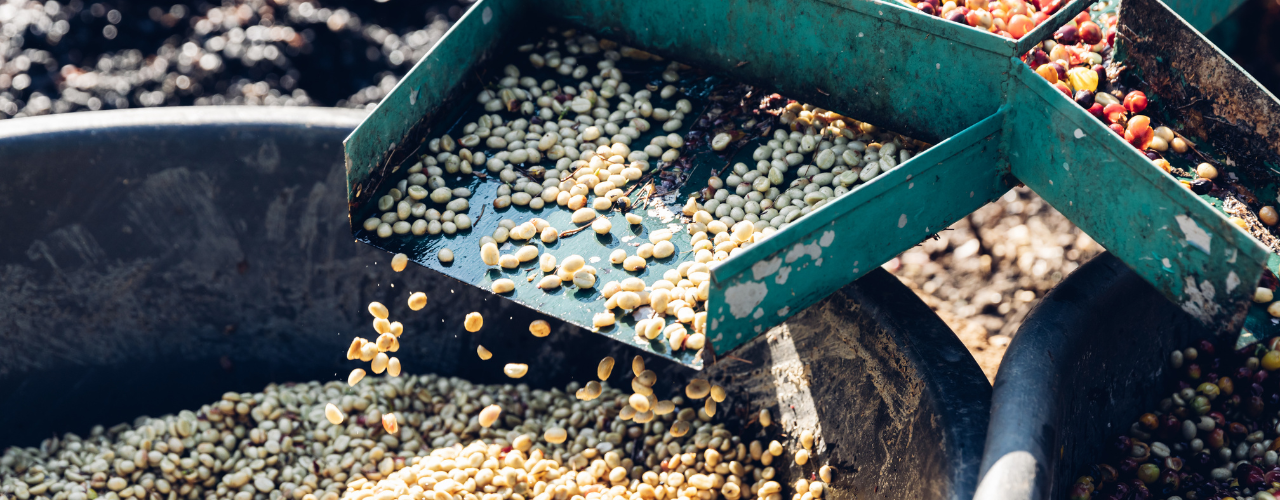

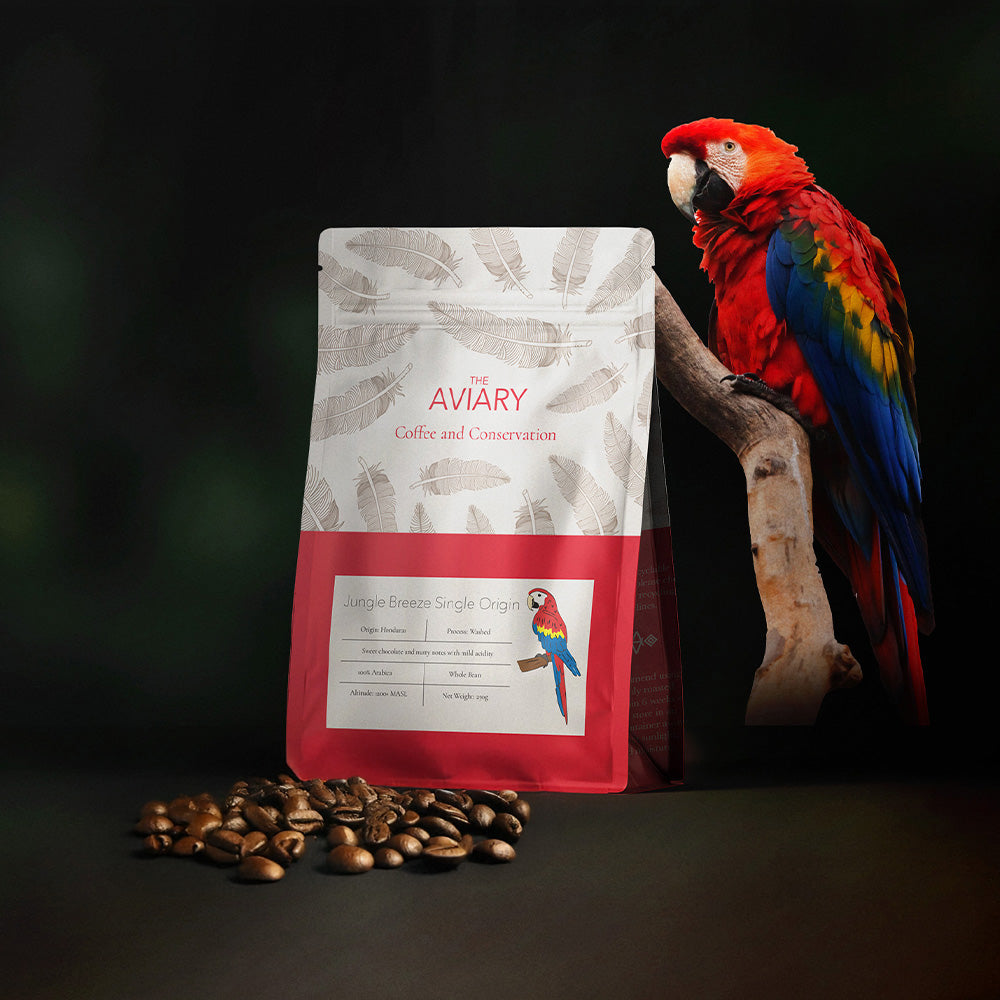

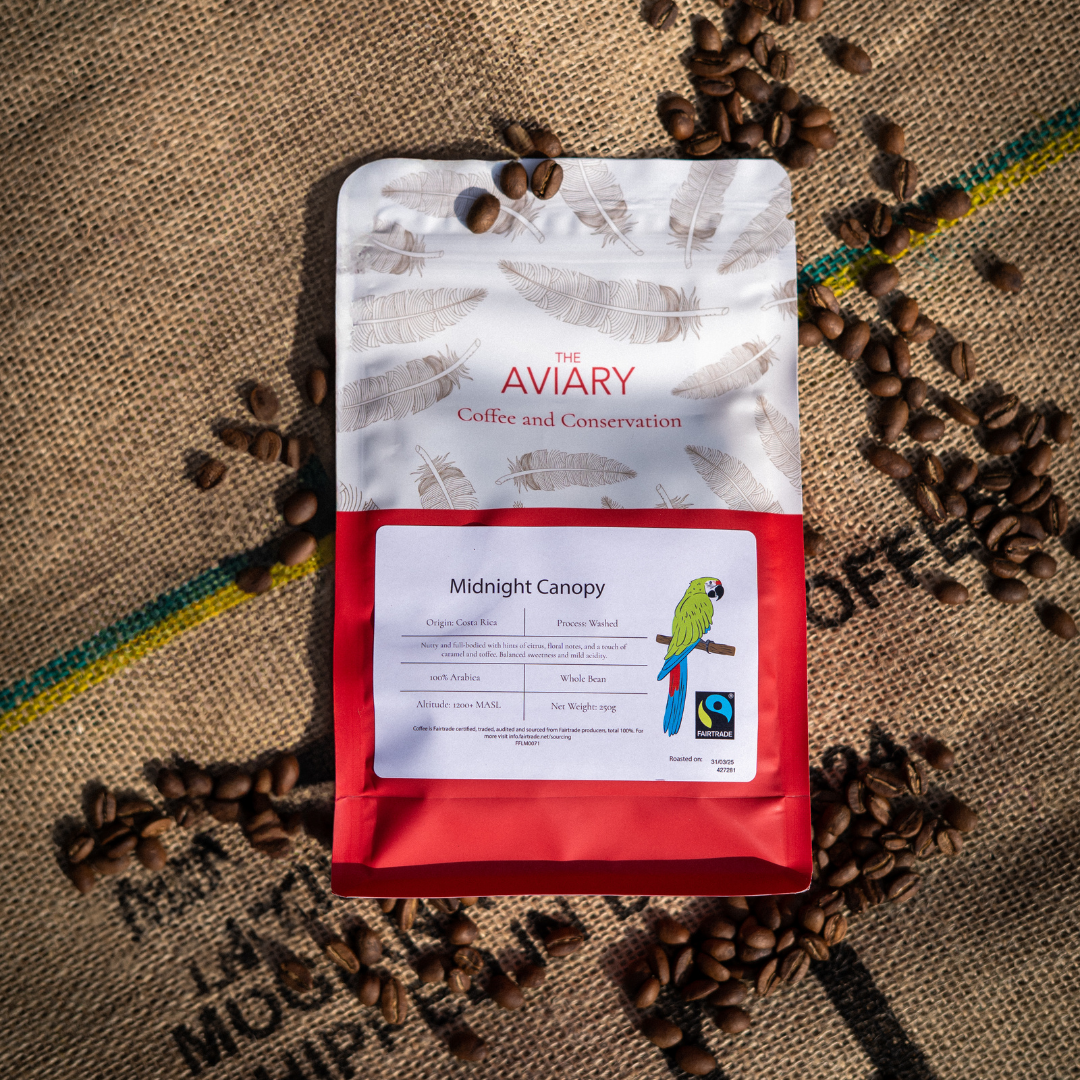
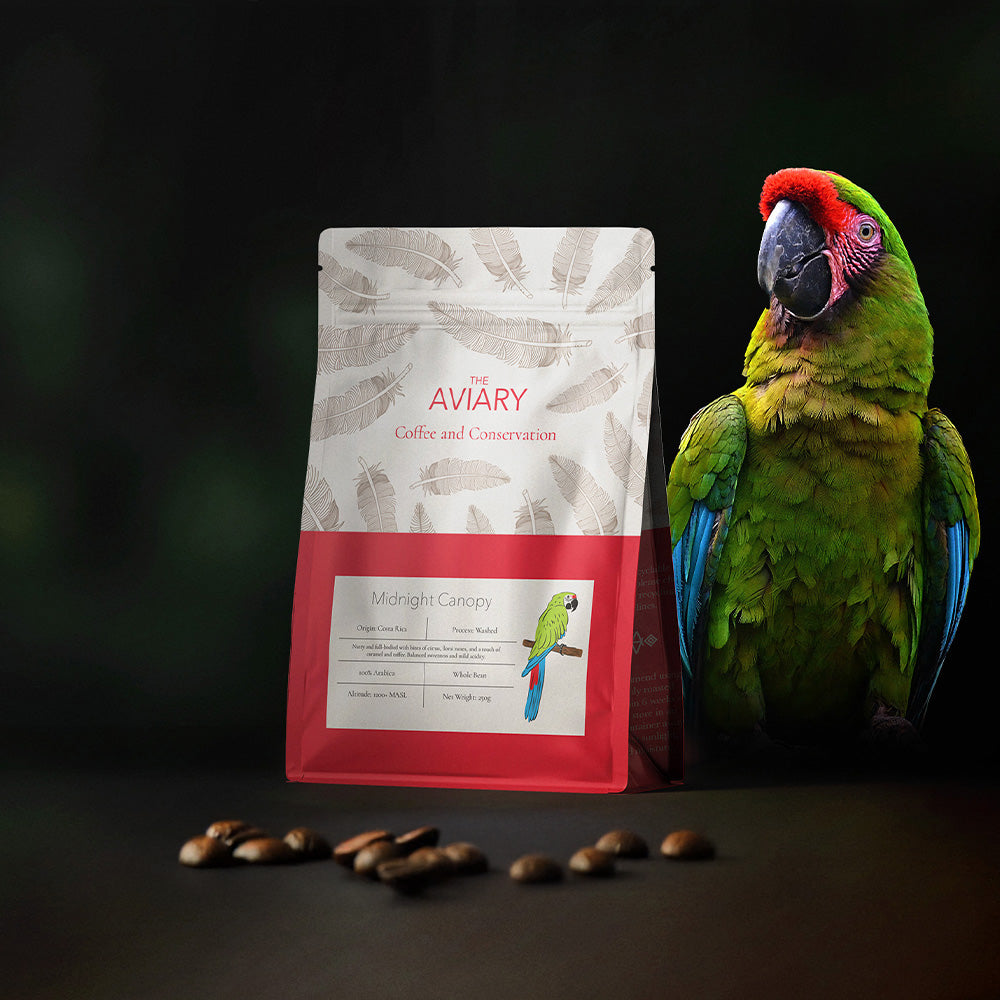
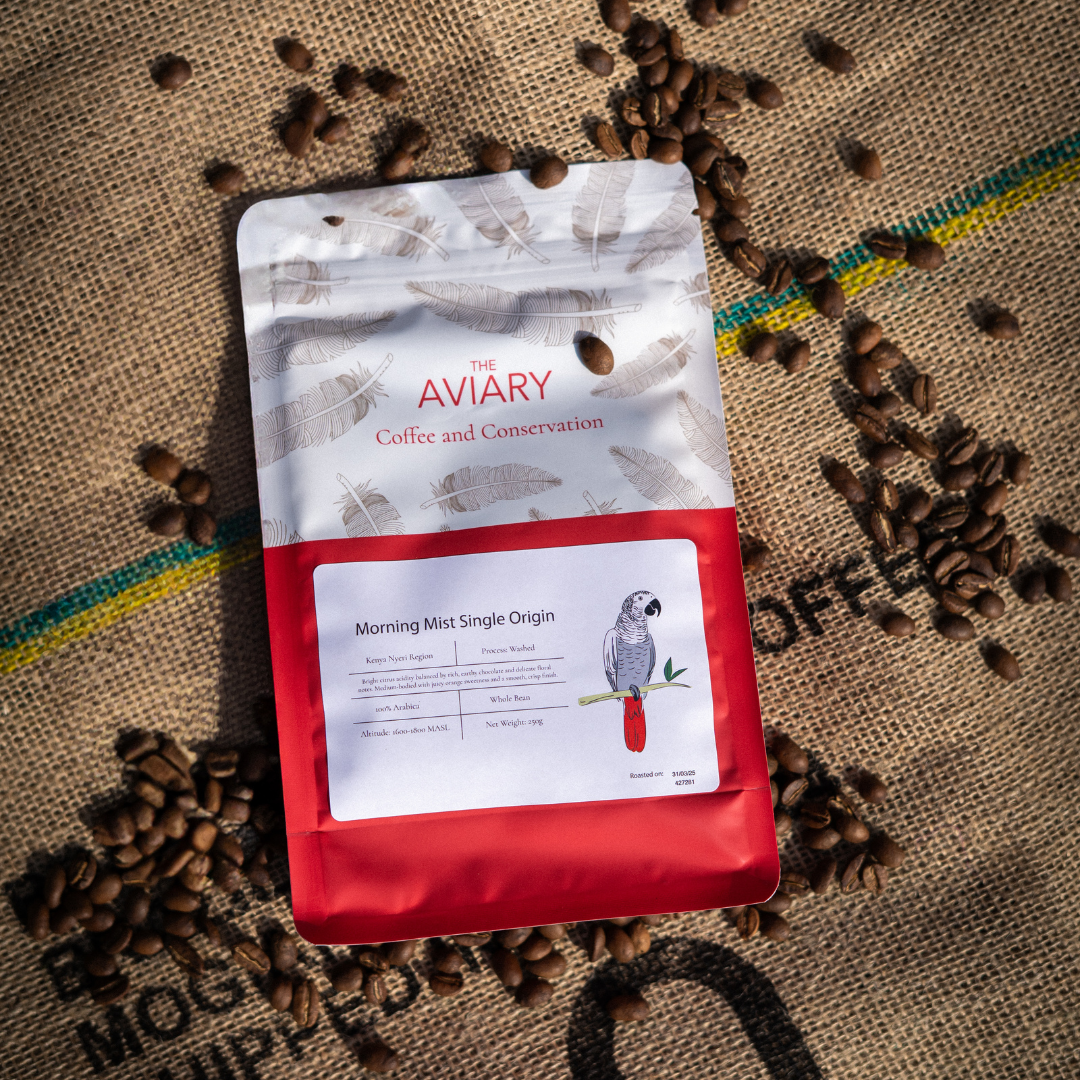
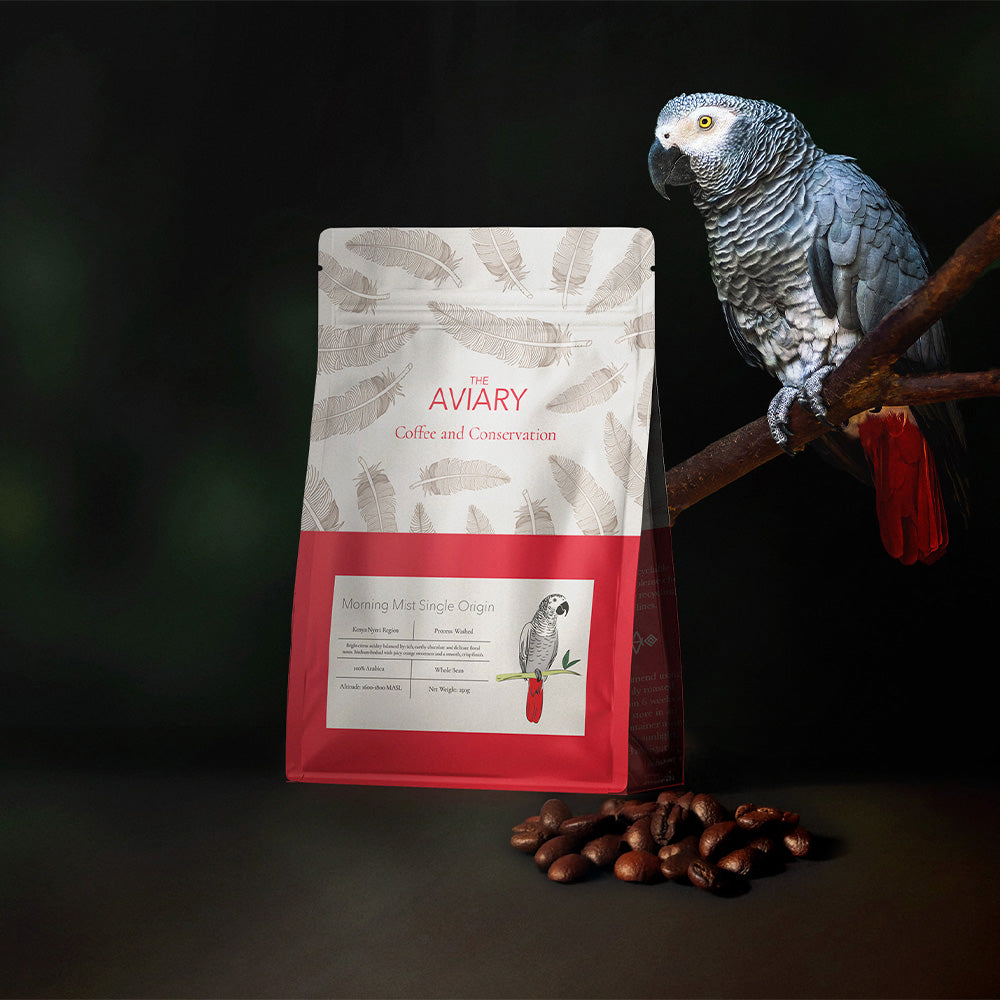

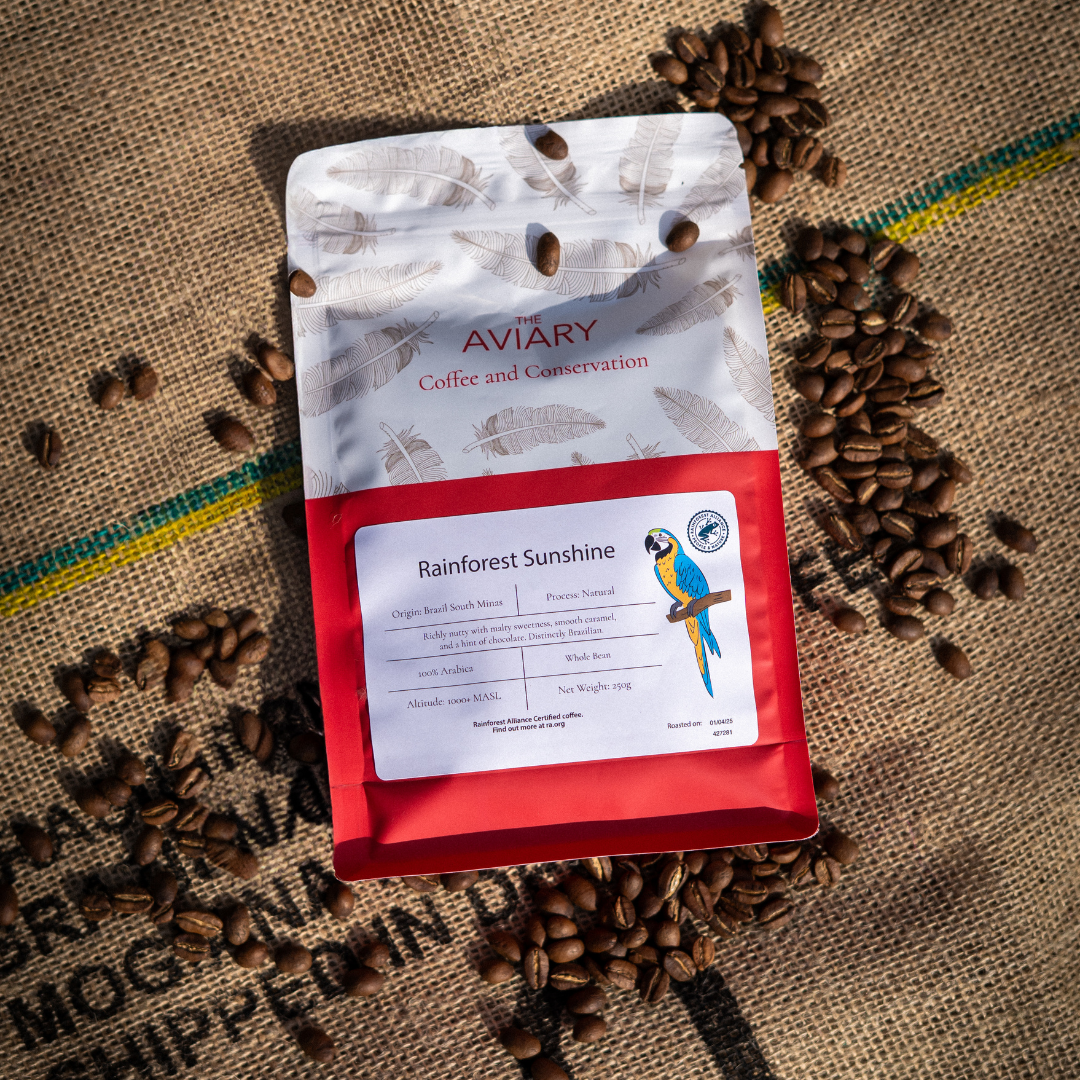
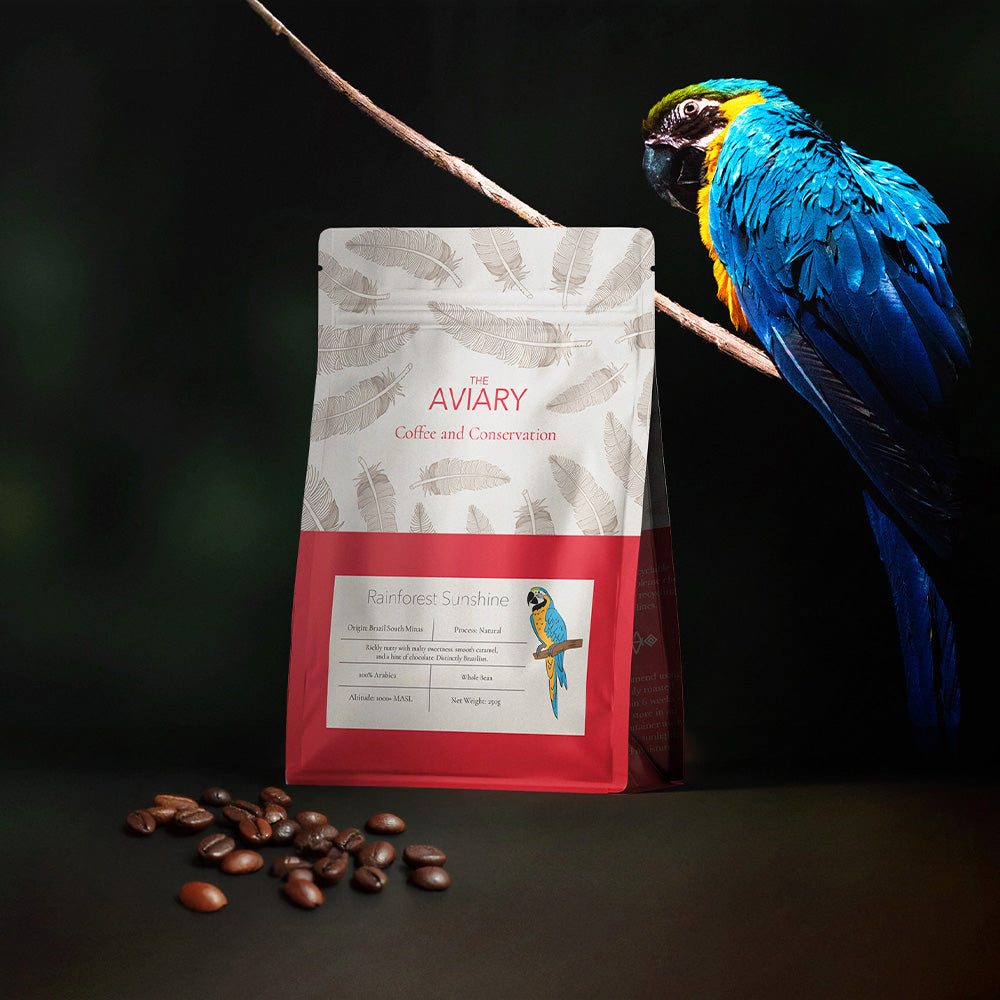


0 comments